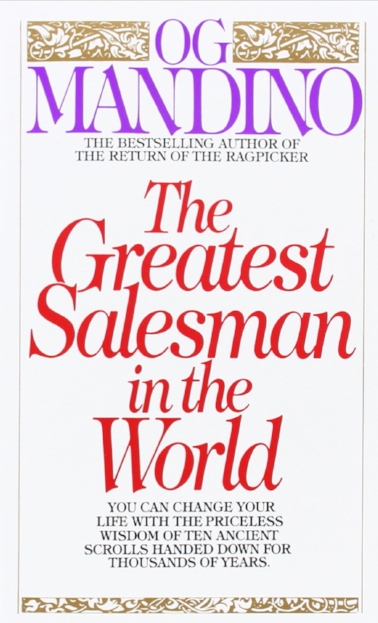Follow the Leader
Today’s post goes straight to the point. If we worship Jesus - but don’t follow Him, what kind of worship are we offering? What does “worship” mean if we say we worship Him, but we don’t touch the lepers in our lives, or embrace those who are grieving? If the broken, hungry, and searching of the world don’t see in me that they did in Him - what kind of worship am I offering?
Of course, none of us starts off following more than worshipping. That’s just kind of impossible. And the longer we follow His example - the more we experience that following His example really takes all of us laid upon the altar as a living, daily, offering to Him. At least, speaking for myself, it takes everything I have to get up every day and live by His example. It’s a huge, ongoing effort - and after that realization we say, “I coulda had a V8!” or rather the Christian version, “Jesus was amazing!”
And He still is amazing.
But it’s really hard to follow Him, isn’t it? I mean, worship is so beautiful. We can sing our favorite worship song, recite our favski Psalm or parable, or linger a while in soul-nourishing prayer - but none of those things wears on my soul like swallowing that sharp-tongued thing I was going to say, or being neighborly to some stranger who just took my parking spot or, showing patience to the person who just insulted me to my face.
So why do those things, then? I mean if they’re harder to do, and if worship is enough, then why get worked up. Isn’t perfectionism bad for us?
Perfectionism is bad for us, but “me-ism+worship is badder.” You can quote me on that.
Followership, the more I embrace it, is like a daily, spiritual spa treatment for my soul. Jesus uses His example in my life, and His Spirit speaking (and sometimes shouting) to work the thorny bits out of my soul. Following Jesus’ example in my day-to-day, mundane, boring ol’ life teaches me from the top of my soul to the marrow in my bones, that the sharp-tongued thing I was going to say isn’t even about them but is in fact entirely about me, and that reality tends to hit me hard as I’m trying to fall asleep. The stranger I’m neighborly too, might see my tiny little neighborliness and light up my whole day after it happens. Then again, if they don’t see, Jesus may give me grace to think about all the myriads of unrecognized graces He blesses me with. The person who insults me may offer me an opportunity to bask in the security of Jesus’ love without having my ego affirmed at every turn - which is another way to say it can help me build resilience.
So, what I’m saying is that followership leads to much deeper, more meaningful, more soul-engaging worship. Worship that comes from followership connects my daily efforts to Jesus’ daily life. There is nothing we experience on a daily that Jesus didn’t also have to deal with. And that is really humbling. He went through all I’m going through and His response was to die for all those people giving Him all that grief? Followership has a way of putting Jesus on a throne of praises right in my own heart.
Okay - thank you for reading these Lenten season 2023 posts. I am grateful for you. I’m going to keep posting more of this for a bit. I have been informed though, that sometimes the algorithms are not always notifying subscribers and followers of new posts. I am not sure how to fix that today, but I am looking into it. For now - what I’m told is sharing and liking and all that will help the algorithm work better, so if you’d like to help me with that, I’d appreciate it very much.
Come back next week to read about the Secret Sauce!















































